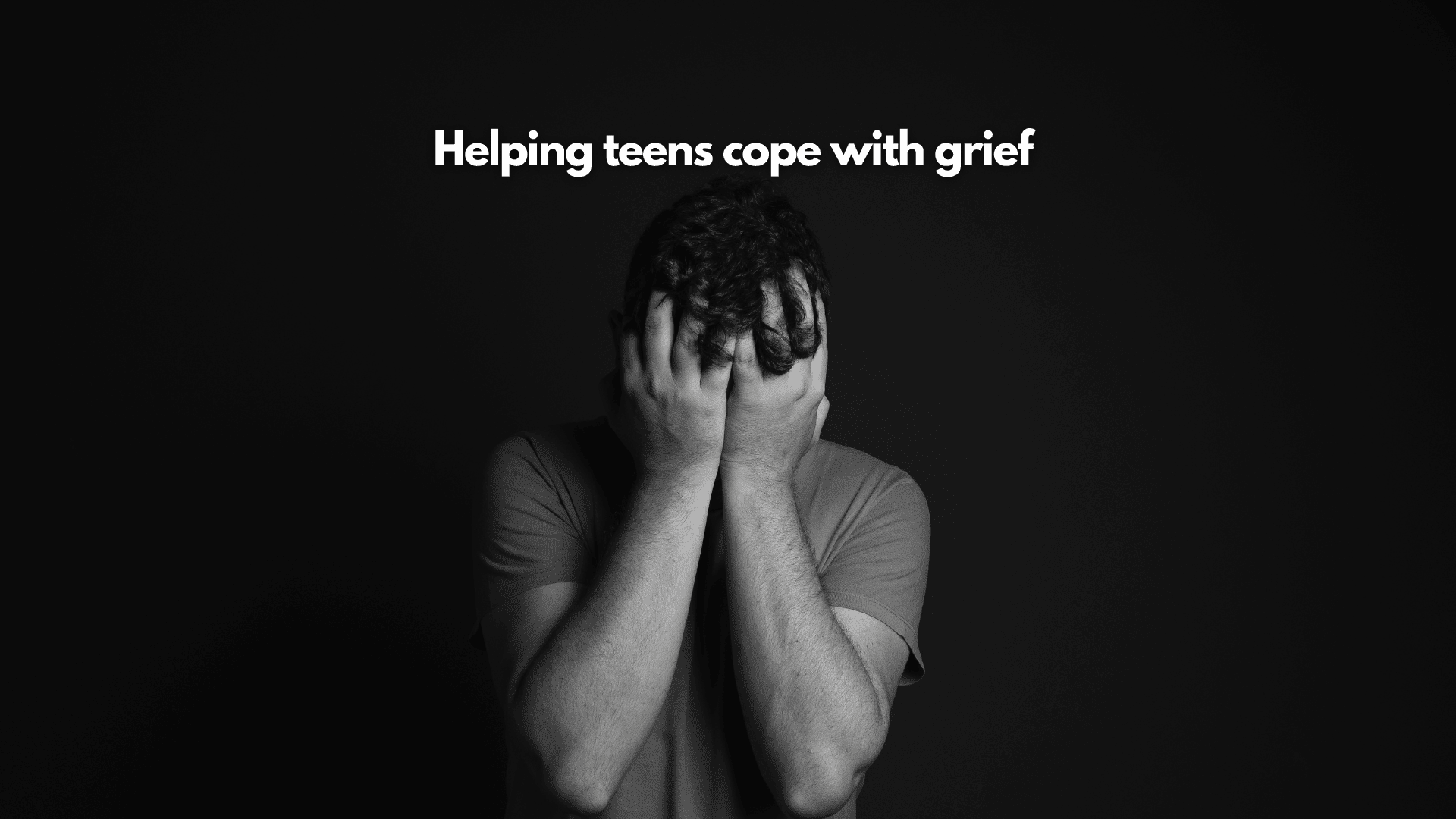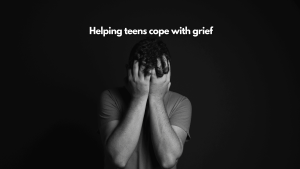In our recent Cyber Safety Cop webinar, Helping Teens Heal: Navigating Loss and Grief, digital safety expert Clayton Cranford sat down with grief educator Dr. Tom Morris, founder of Grieving Teens, for a heartfelt discussion on how loss affects children—and how we as parents can help.
Drawing from decades of working with grieving students, Dr. Morris introduced the “Four Tasks of Grief,” a practical framework developed by grief expert William Worden. These aren’t stages to “get through”—they’re deeply personal processes that help kids find healing after loss.
If you’re a Premium Member, you can now access the full webinar replay. If not, we encourage you to consider joining today—this is one of those essential conversations every parent needs. Along with the webinar, you’ll gain access to a full library of expert tools and guidance to support your family’s digital and emotional well-being.
In the meantime, here’s a summary of what grief looks like in children—and how you can walk alongside them through it.
What Are the Four Tasks of Grief?
🧠 1. Accept the Reality of the Loss
This sounds simple—but many kids (and adults) avoid acknowledging a loss altogether.
Parents can help by talking openly, allowing tears, and sharing their own stories. Don’t avoid the hard conversations—embrace them with compassion.
💔 2. Work Through the Pain of Grief
Kids need permission to feel their sadness, anger, or confusion—without rushing to “fix” it. “Grief is normal,” Dr. Morris says. “But if they don’t talk about it, they’ll find other ways to cope—drugs, screen addiction, isolation.”
🌍 3. Adjust to a World Without the Person
This means recognizing how life has changed—whether it’s no longer hearing Grandma’s voice or not seeing a sibling down the hall. It’s okay to help your child create new routines while honoring old memories.
🌱 4. Find a New Place for the Person in Their Life
This is where healing takes root. Your child may no longer feel daily grief, but the person they lost is part of their story. When they can say, “That was then, and this is now,” they’re moving forward with resilience.
Tips for Parents Supporting a Grieving Child
👂 Listen Before You Speak
Your first instinct might be to protect your child from sadness—but the most powerful thing you can do is listen. Reflective listening like, “It sounds like you really miss her,” opens the door for deeper connection.
🧩 Don’t Compare Grief
Whether your child lost a grandparent, a pet, or a best friend who moved away—it matters to them. Every loss is personal.
👫 Encourage Safe Support Spaces
If your child doesn’t want to talk to you, consider a group like Dr. Morris’ Grieving Teens. In those settings, kids often feel seen, heard, and not so alone.
📵 Watch for Avoidance Patterns
Is your teen always gaming, always online, or isolating in their room? That might be a sign they’re numbing pain. Help them reengage with friends, nature, or creative outlets.
Premium Members Get Full Access
When you join as a Premium Member, you unlock:
✔ Full webinar replay of Helping Teens Heal
✔ Our complete webinar library from leading parenting and mental health experts
✔ Exclusive access to digital safety tools and grief education
✔ A digital copy of Parenting in the Digital World
✔ Weekly emails with advice, app alerts, and parenting strategies
Let’s Help Our Kids Face Grief With Strength, Not Silence
Grief doesn’t go away—it changes. And when we give our kids the language, space, and support to process their emotions, they become more emotionally intelligent, resilient, and connected.
✔ Watch the Webinar Replay – Hear Dr. Morris break down the Four Tasks of Grief
✔ Talk With Your Kids – Start the conversation, no matter how small
✔ Join Our Premium Membership – Be equipped for the hard (but healing) moments ahead






